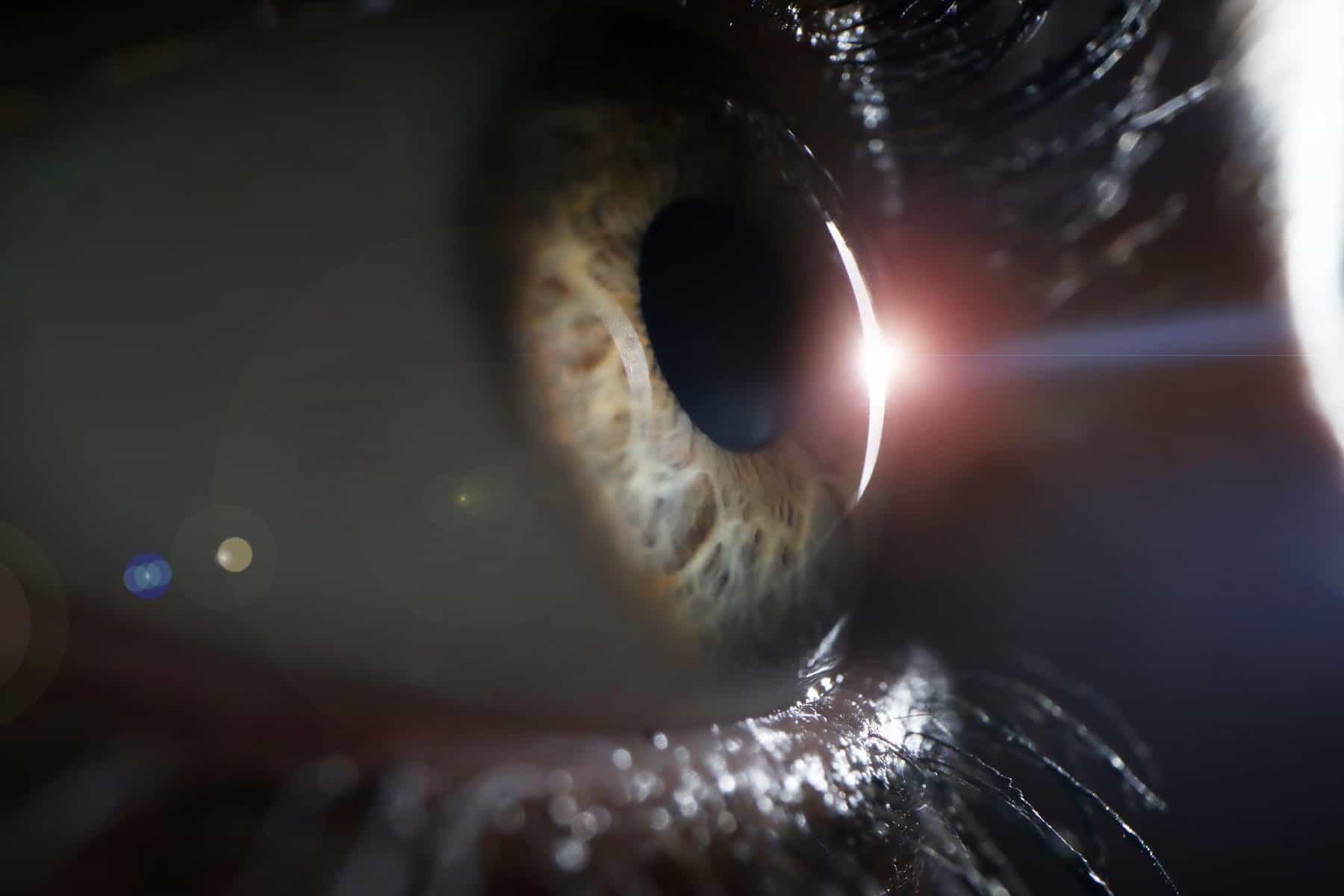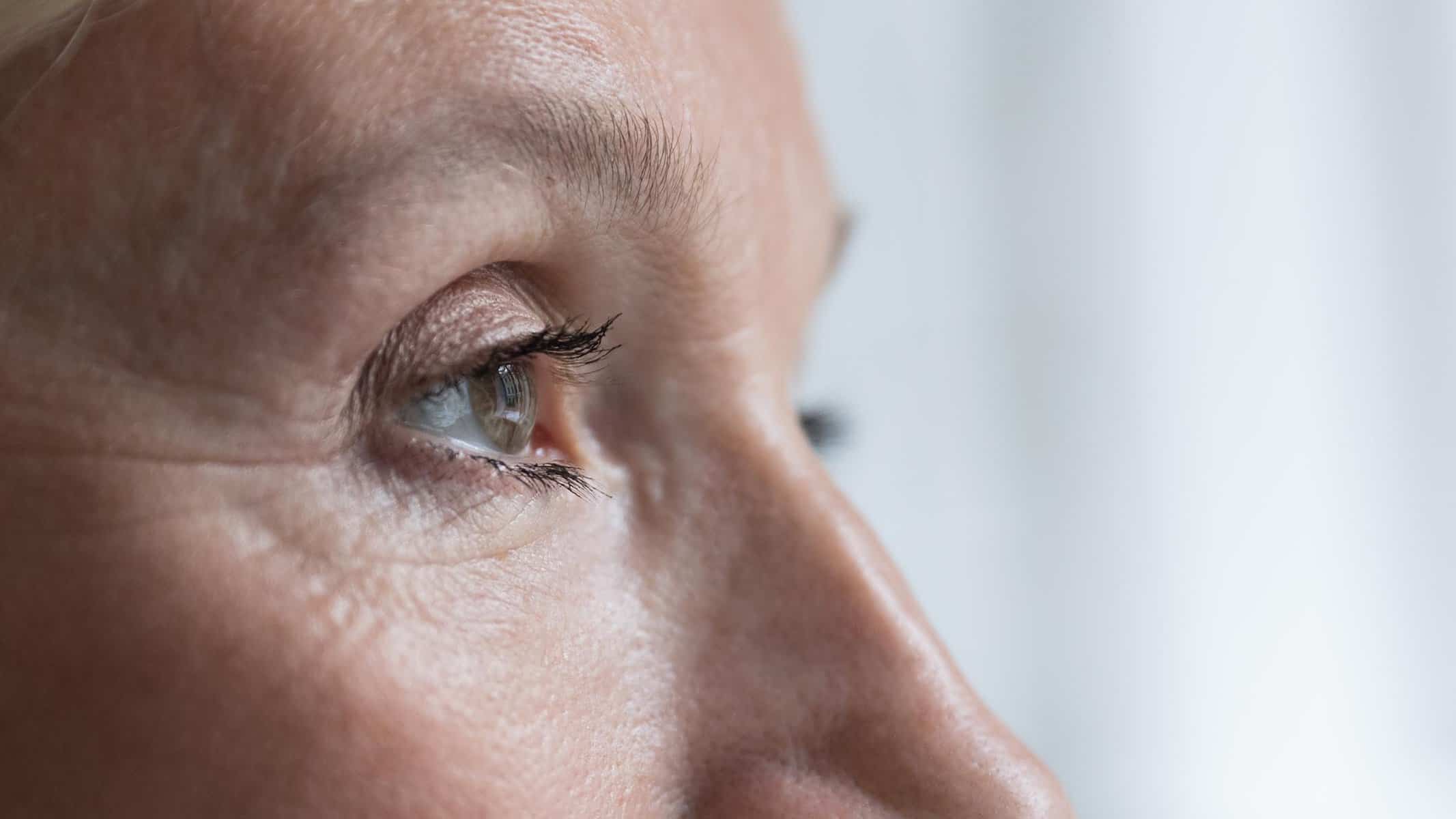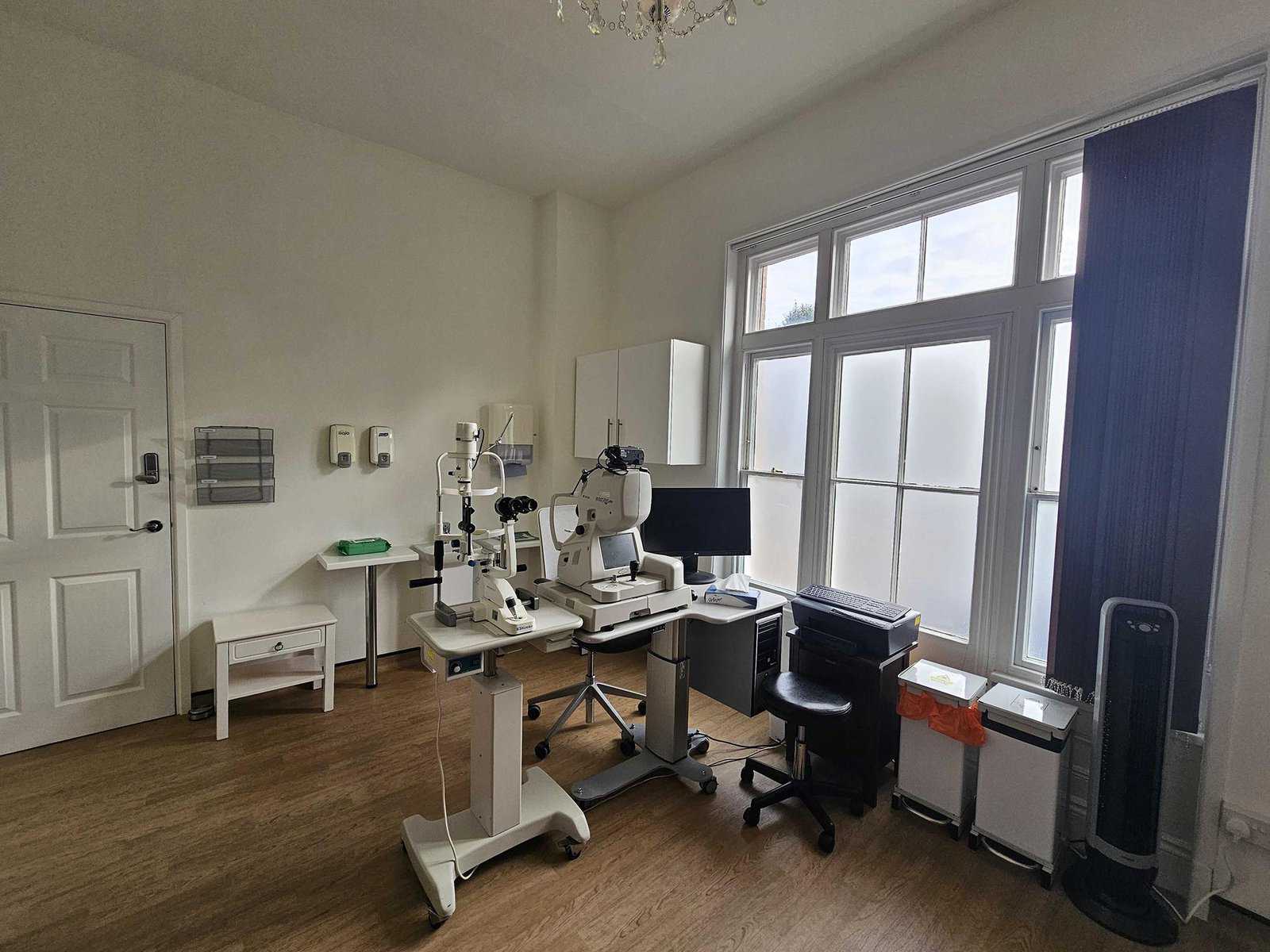Comprehensive Care for Retinal Detachment
Protect your vision with expert treatment for retinal detachment at The Forbury Clinic. Submit an enquiry for a consultation and discover our advanced treatment options.

Overview
Retinal detachment is a serious eye condition where the retina peels away from its underlying layer of support tissue. This can lead to permanent vision loss if not treated promptly. Symptoms such as flashes of light, sudden floaters, and a shadow over your field of vision require immediate medical attention. Early diagnosis and treatment are crucial to prevent permanent damage. At The Forbury Clinic, we provide expert care and advanced surgical techniques to treat retinal detachment effectively. Contact us today to learn more and schedule a consultation.


What is Retinal Detachment?
Retinal detachment occurs when the retina, a thin layer of tissue at the back of the eye, separates from its supportive tissue. This separation prevents the retina from functioning properly and can lead to permanent vision loss if not promptly treated. Common symptoms of retinal detachment include a sudden increase in floaters, flashes of light, and a shadow or curtain effect over part of the visual field. It is a medical emergency that requires immediate attention to prevent severe vision impairment.
Causes and Risk Factors
Causes
Retinal detachment can develop due to various factors, including:
Aging:
The most common cause, as the vitreous gel inside the eye shrinks and pulls on the retina.
Eye Injuries:
Trauma to the eye can lead to retinal tears and detachment.
High Myopia:
Severe nearsightedness increases the risk of retinal detachment.
Previous Eye Surgery:
Surgeries like cataract removal can increase the risk.
Family History:
Genetic predisposition can play a role.
Other Eye Conditions:
Conditions such as diabetic retinopathy and lattice degeneration.
Risk Factors
Age:
More common in individuals over 50.
Myopia:
High degrees of nearsightedness.
Eye Trauma:
Injuries to the eye can increase the risk.
Family History:
Genetic predisposition to retinal conditions.
Previous Eye Surgery:
Such as cataract removal.
Understanding these causes and risk factors helps in the early diagnosis and effective management of retinal detachment, improving patient outcomes.
Diagnosis
Diagnosing retinal detachment involves a comprehensive evaluation at The Forbury Clinic. The diagnostic process includes:
- Initial Consultation: Discussing symptoms, medical history, and potential risk factors with a specialist.
- Visual Acuity Test: Assessing the clarity and sharpness of your vision.
- Dilated Eye Exam: Using drops to dilate the pupils and examine the retina for signs of detachment.
- Optical Coherence Tomography (OCT): Imaging the retina to detect any separation from the underlying tissue.
- Ultrasound: In some cases, an ultrasound may be used to view the retina more clearly.
These steps ensure a thorough and accurate diagnosis, aiding in the development of an effective treatment plan.

Treatment Options
Based on the diagnosis, various treatment options for retinal detachment may be considered:
- Non-Surgical Options
- Surgical Options
- Innovative Treatments
Observation:
In cases where detachment is minor or not progressing, regular monitoring may be advised.
Laser Therapy:
Using laser to seal retinal tears and prevent further detachment.
Vitrectomy:
Removing the vitreous gel and replacing it with a gas bubble to help the retina reattach.
Scleral Buckling:
Placing a flexible band around the eye to push the retina back into place.
Pneumatic Retinopexy:
Injecting a gas bubble into the eye to press the retina against the eye wall.
Advanced Imaging Techniques:
Utilising the latest imaging technology to precisely map the retina for targeted treatment.
Minimally Invasive Surgery:
Employing the latest surgical techniques to improve recovery times and outcomes.
At The Forbury Clinic, our multidisciplinary team ensures that each patient receives the most appropriate and effective treatment, tailored to their specific needs and health goals.
Managing Retinal Detachment
Managing retinal detachment involves a combination of medical treatments and lifestyle adjustments to control symptoms and improve overall quality of life. At The Forbury Clinic, we provide comprehensive care and guidance to help manage this condition:
Post-Surgery Care:
Following specific instructions after surgery, such as positioning to keep the gas bubble in place.
Regular Monitoring:
Scheduling frequent check-ups to monitor healing and ensure the retina remains attached.
Healthy Habits:
Maintaining a healthy diet and managing underlying health conditions to support overall eye health.
Vision Aids:
Providing recommendations for visual aids to help manage vision changes during the healing process.
These management strategies aim to complement medical treatments and provide a holistic approach to improving eye health and overall well-being.
Complications and Prognosis
While retinal detachment treatment is generally effective, it is important to be aware of potential complications and the prognosis:
Complications:
- Cataract Formation: Increased risk of cataract development following vitrectomy surgery.
- Infection: Risk of infection at the surgical site.
- Recurrent Detachment: The possibility of the retina detaching again.
Prognosis:
The prognosis for patients undergoing retinal detachment treatment is generally positive, with many individuals experiencing significant improvement in vision. Early intervention and proper post-surgery care are crucial for successful outcomes. Regular follow-ups and ongoing management are essential to prevent complications and ensure optimal eye health.


Why Choose The Forbury Clinic?
Choosing The Forbury Clinic for your retinal detachment treatment ensures you receive exceptional care from a team of experienced specialists. Our clinic is renowned for its expert medical staff who are dedicated to diagnosing and treating retinal conditions with precision and compassion. We use state-of-the-art diagnostic tools and the latest medical advancements to provide accurate diagnoses and innovative treatments tailored to your specific needs. Our patient-centered approach prioritises your comfort, privacy, and overall well-being, offering comprehensive support throughout your treatment journey. At The Forbury Clinic, you can trust that you are in capable hands, with a dedicated team committed to helping you achieve optimal eye health and a better quality of life.
